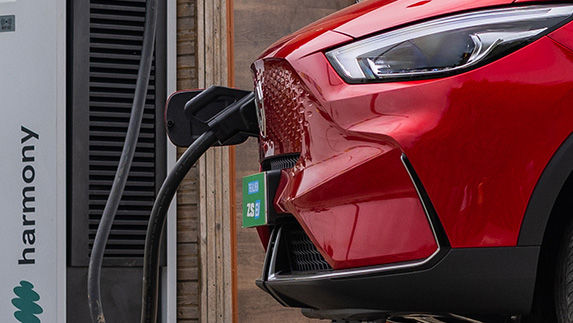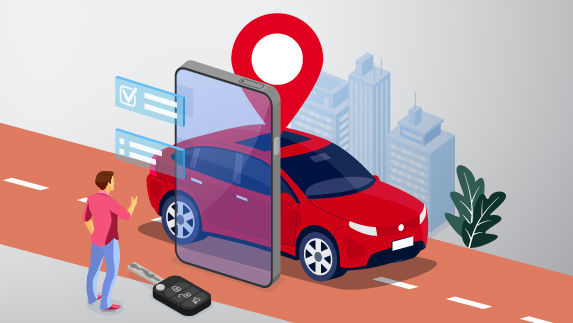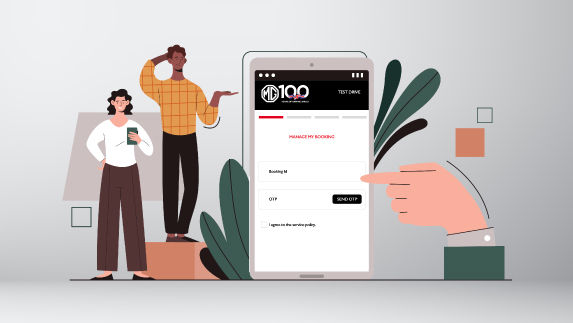How can you reduce pollution levels as an individual? – MG Motor
Right from smoke and minute dust particles entering homes to blankets of smog plaguing cities for weeks, air pollution is on the rise. In fact, data from WHO states that nine out of ten people breathe in some form of contaminated air, with this number expected to rise. And this can lead to severe health issues from asthma to bronchitis to cystic fibrosis.
To curb this problem in India, the government and prominent industries have begun their own sustainable initiatives to reduce emissions and decrease waste generation. However, this crucial time calls for contribution on a large scale to make substantial change.
If you think that there isn’t much you can do on an individual level, think again. You have the power to make a difference by following certain lifestyle changes and becoming more conscious of everyday activities. Want to know more about the aforementioned lifestyle changes? Keep reading to find out easy steps anyone can take to make a change.
Limit Use Of Vehicles: One of the most efficient ways to reduce your carbon footprint is to limit the use of private vehicles. Opt for carpooling when possible or take public transport, which is readily available in most cities. At an individual level, you can even switch to an electric car, which can make a significant impact. For instance, the MG ZS EV produces zero emissions without compromising on style and efficiency.
Pro-tip: If you do drive a fuel car, make sure the PUC certificate (Pollution Under Control) of your vehicle is always updated.
Proper Waste Management: Generating waste is a reality in today’s times. On a regular basis, tons of waste is collected from homes and commercial spaces. Disposing of this waste irresponsibly can lead to air and soil pollution. Hence, managing this waste by classifying it into dry waste and wet waste can go a long way in ensuring effective waste management.
Composting is another feasible and easy option for most households to take care of their organic waste. Similarly, for plastics, you can reuse packaging and packets to avoid sending them to a landfill.
In a nutshell, practice effective waste management to reduce your total waste generation.
Avoid The Use Of Plastic: Single-use plastics like plastic bags, straws and plastic water bottles can take thousands of years to disintegrate. The toxic chemicals used to produce these can also get transmitted to animal tissue and gradually enter the human food chain. For this reason, it is vital to substitute single-use plastic and other plastics with bio-degradable packaging, glass, steel or even make your own products at home.
Spread Awareness: The resources that we have at our disposal today may not last for our future generations. Therefore, it becomes our duty to take all necessary steps to protect our environment. No matter how massive the problem is, change always begins with one person who is willing to make the effort. Educate others about the detrimental effects of air pollution on health and climate. Spread awareness about ways to control air pollution. If possible, run a small campaign in your neighbourhood to strengthen your cause.
While at a glance, these steps may seem hard to implement, a little discipline and grit can go a long way in achieving these.
Go ahead, and #ChangeWhatYouCan and be a pioneer in your community.























